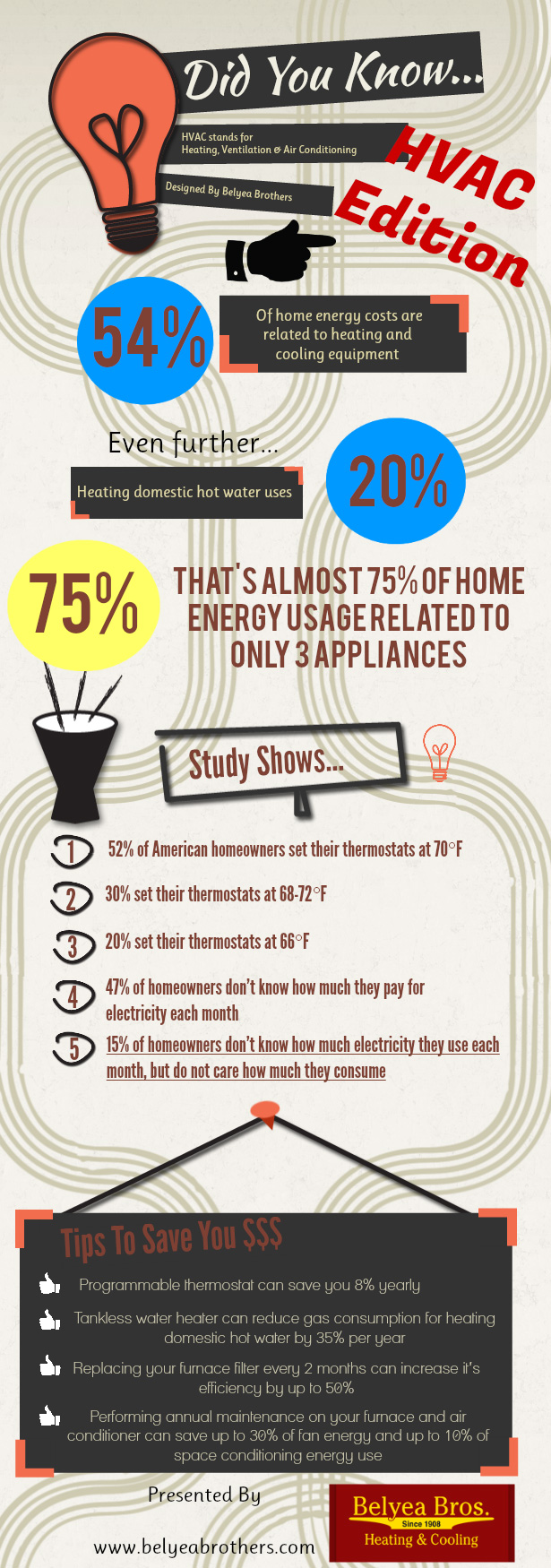Heat Pump Vs Heating System - Which Is The Better Home Heating Choice For Your Home?
Heat Pump Vs Heating System - Which Is The Better Home Heating Choice For Your Home?
Blog Article
Created By-Midtgaard Niebuhr
Many property owners know with furnaces, which warmth homes with oil or gas and press hot air through ductwork. They are relatively economical and can offer reliable home heating even during a wintertime power interruption.
Nonetheless, they utilize nonrenewable fuel sources and produce carbon monoxide and various other air pollution. They additionally aren't as energy-efficient as a high-efficiency heatpump.
Expense
Normally, heat pumps are a lot more inexpensive to operate than heaters. They commonly make use of electrical power and refrigerant to extract warm from outside air, and afterwards move it right into your home. You can benefit from less expensive power rates throughout off-peak hours to further reduce your heating expenses.
Unlike heatpump, gas or wood-burning furnaces utilize combustion to produce warm, producing flue gases right into the atmosphere that can be damaging to your health and wellness. These heaters are additionally much less energy-efficient than heatpump, and their higher operating expense can build up over time.
Furnaces are extra difficult than heatpump and call for normal maintenance to ensure the appropriate feature of all components. Despite this, they often tend to last longer than heat pumps with a regular lifespan of 20 years or even more. However, you'll need to consider the cost of gas, gas oil or wood and the extra devices needed for installation and procedure such as ducts and ventilation systems.
Energy Effectiveness
Heat pumps have a higher energy efficiency score than heating systems. These systems use power to scavenge warmth from the air, even in freezing temperatures. They can additionally eliminate excess warmth from the home during warmer months and recycle it to cool down the system. Service provider experts can aid you figure out the best model for your home on environment and resource energy expenses.
Heating systems melt fuel oil, propane, gas or various other types of fossil fuel to heat up the air in the home. This air is after that spread through ductwork using a huge follower. Heaters produce greenhouse gases and require normal maintenance and tools upgrades to make sure safe operation.
The greatest advantage of a heater is that it can be run also in severe winter months conditions since it does not rely upon exterior temperature levels to warm up the air. Heating systems likewise have a longer life-span than heat pumps and normally last 15 years. They can also be paired with double gas choices, which pick one of the most effective heating choice based upon the weather condition.
Environment
Heatpump function well in moderate climates and use much less source power than furnaces. Nonetheless, if your area is exceptionally chilly, you may need to purchase a typical gas furnace instead.
Furnaces supply warm, relaxing warm and generally use rapid heating to raise indoor temperatures. These systems can be made use of with a selection of gas types, consisting of natural gas, gas, oil or electrical energy.
They take in a lot more energy than heatpump-- as much as 3x as much-- and call for ductwork that's costly to install or retrofit. They're additionally more costly to maintain, as they can create air quality concerns and generate greenhouse gas exhausts.
If you're committed to reducing your carbon impact, a heatpump is an excellent option for your home. They have less greenhouse gas discharges than heaters, especially if you choose a power STAR ® heatpump. https://www.cbsnews.com/chicago/news/air-conditioning-back-on-at-sneider-apartments-after-3-deaths/ can clarify the distinctions in between these two heating unit and help you make the best decision for your distinct requirements.
Personal Preferences
Heating systems can be really energy effective when powered by gas, propane or oil, however they aren't as energy effective as heatpump in freezing environments. They can likewise be much more pricey to install, needing gas lines and air flow systems.
Nevertheless, furnaces have a tendency to call for less maintenance, which can result in reduced continuous prices. They produce fewer greenhouse gases and are more trusted than heatpump throughout extreme weather.
Electric heatpump are more versatile in developing interior convenience since they can additionally act as air conditioning unit during warmer months. They can be easier to preserve, needing just normal air filter changes and occasional vacuuming.
If you prefer the convenience of a solitary system that does it all, consider a crossbreed heating service that sets a heating system with an electric heatpump. These systems can instantly switch over between both home heating choices based on your home's requirements and temperature problems, taking full advantage of effectiveness and savings.